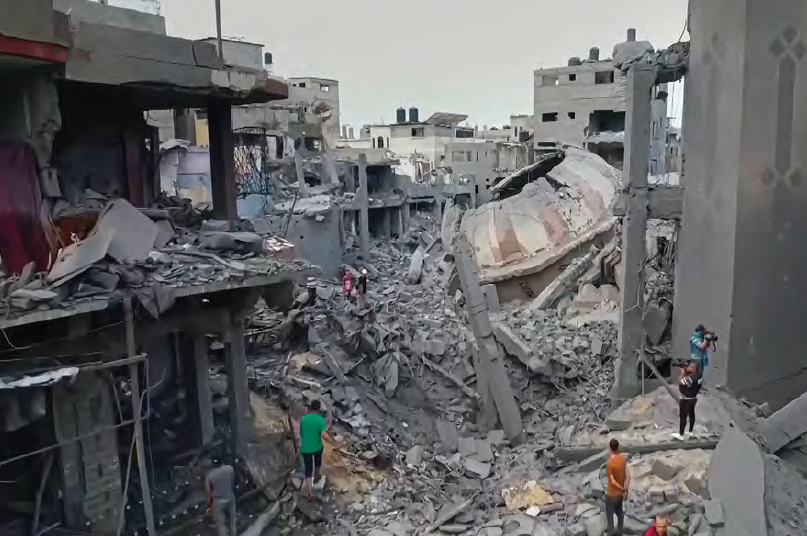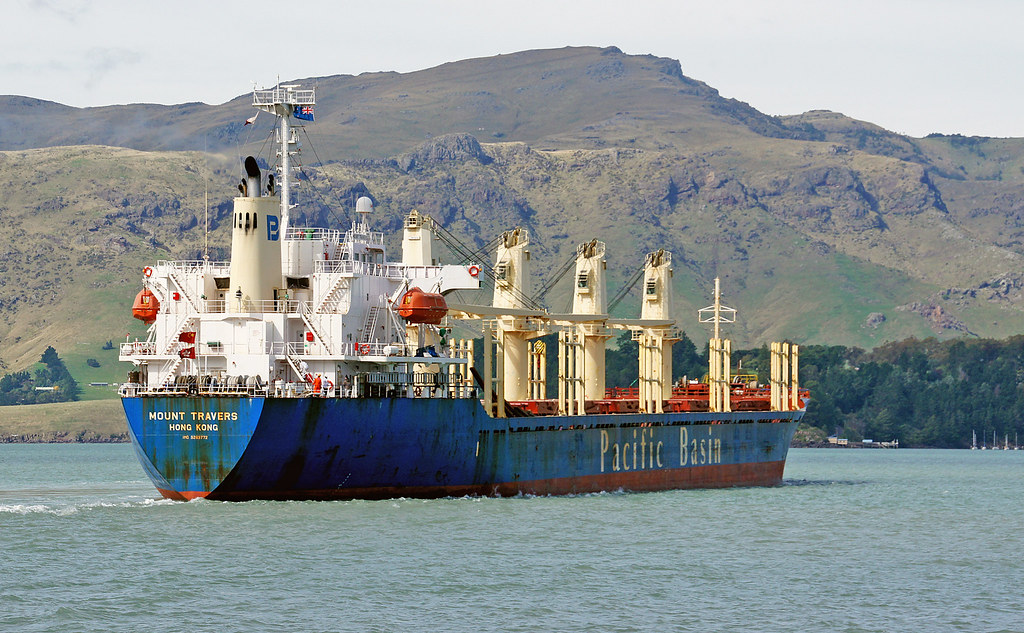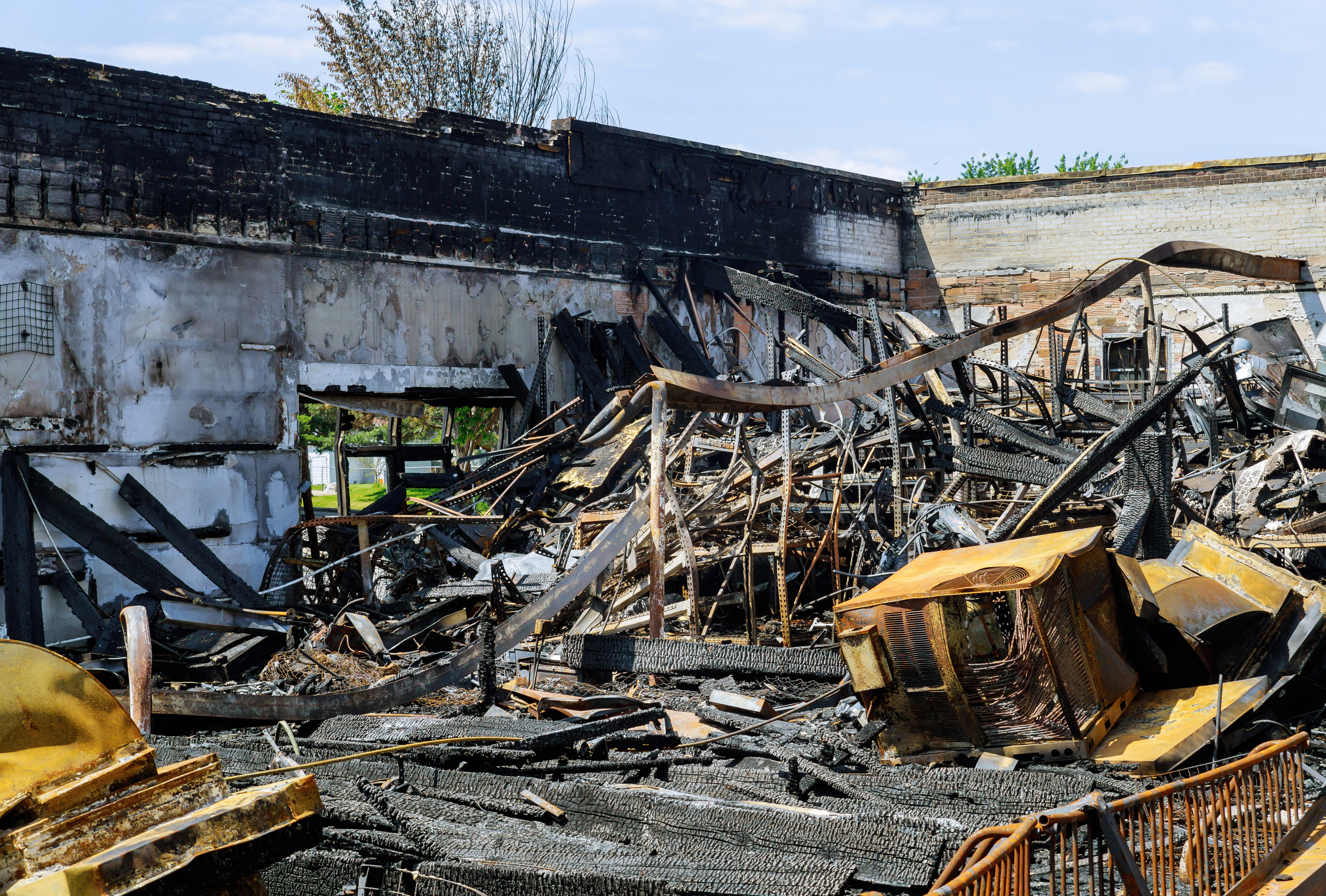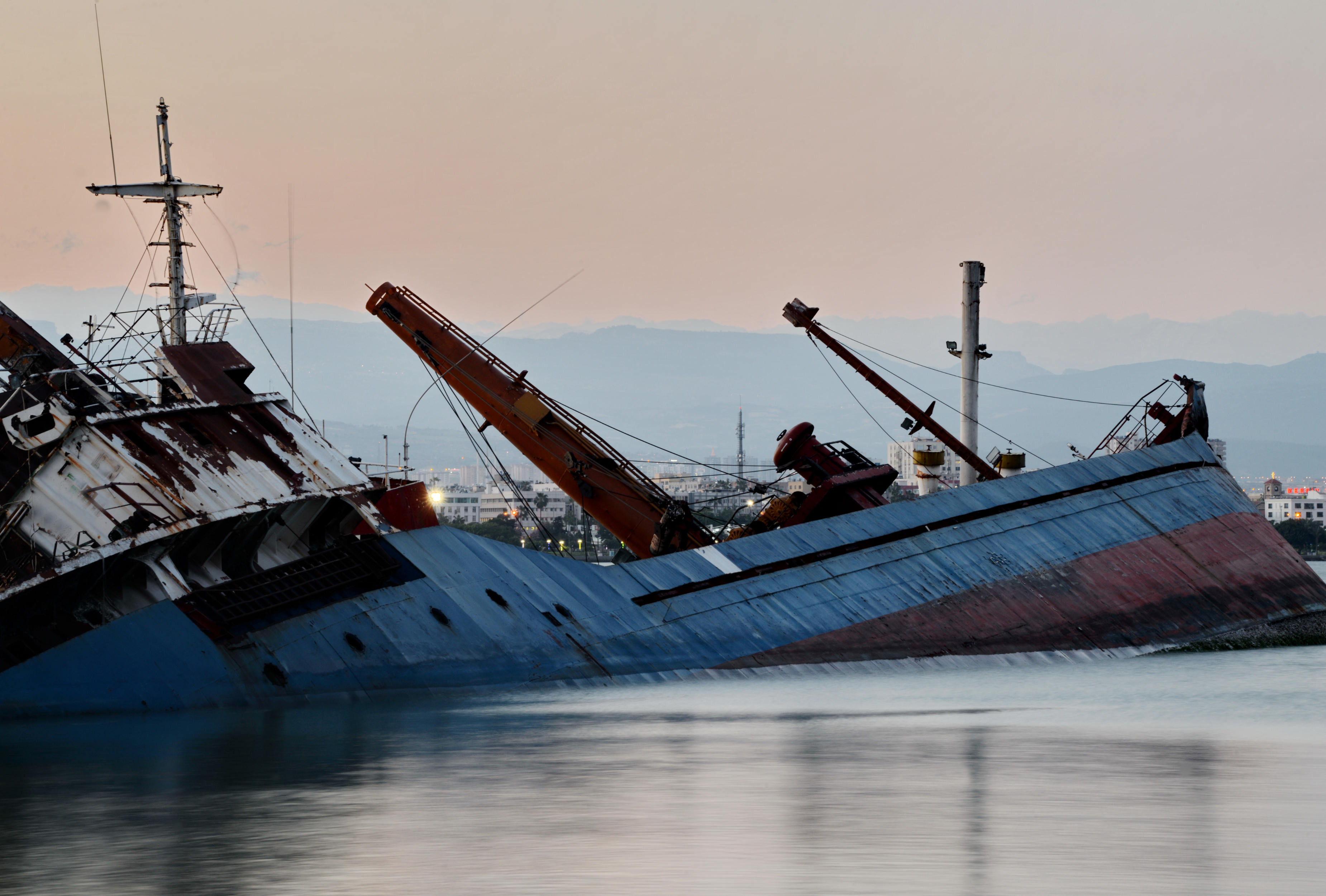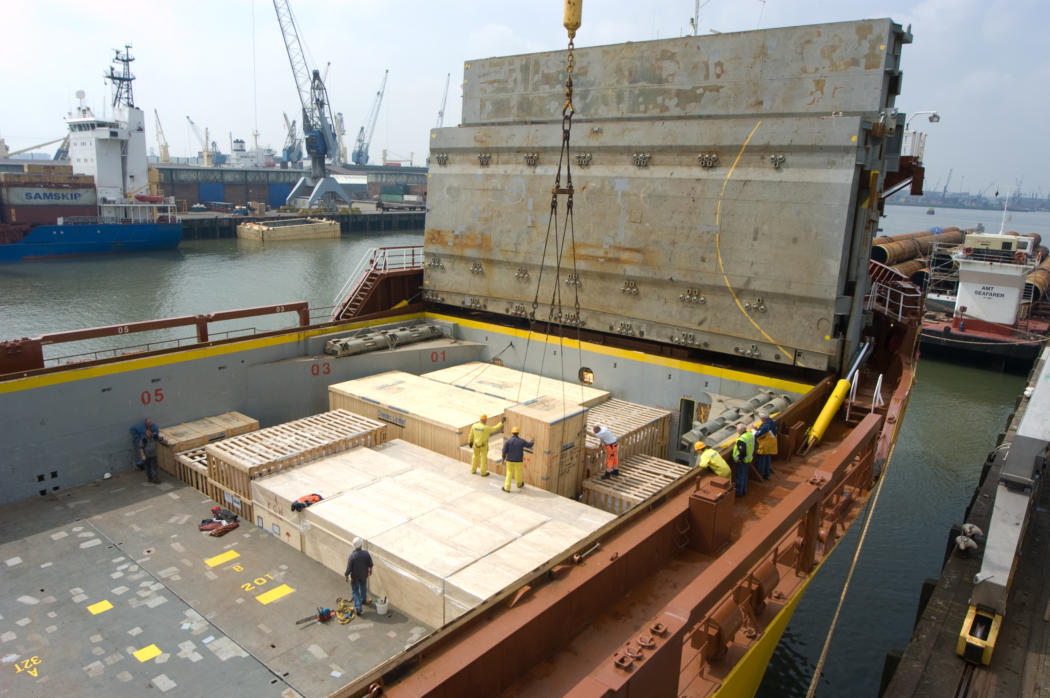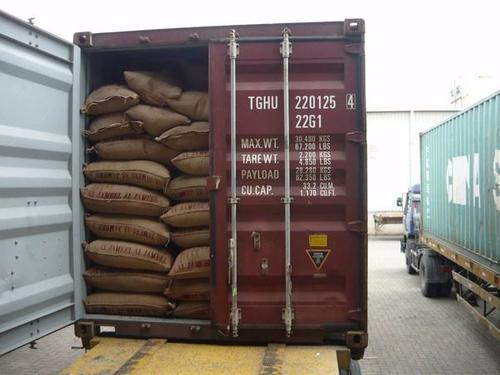Working in this industry means visiting some very majestic coffee countries and traveling with merchants from port to origin as they source their best green coffee with unique flavors and special characteristics.
My point of view of course is gaining a better understanding of the logistical risk.
So, whether from the strictly high grown interiors of the Americas to the Highlands of PNG, where roads and accommodations can be primitive, it is rare to see a tourist.
… but sometimes I do bump into reporters.
Coincidence? Sadly no. While I am visiting physical risks at various origins in the developing world I sometimes find contested elections sparking emotions or worse, governments beginning to unravel.
In the port and warehousing zones peaceful protests have become tense stand-offs. Sometimes when these workers escalate their frustrations as they coalesce into mobs that lash out against the ‘establishment’ a destructive path of looting, arson, and theft ensues.
What a time for risk management!
In broad terms we know that our commodity insurance policies extend the ‘All Risk’ physical perils of nature into some classes of human activity: theft, arson, damage / destruction etc.
This extension is mirrored in Commodity trade rules (and in the bank credit line conditions) covering coffee as collateral from warehouse to warehouse and sometimes even to the coffeehouse!
In any case, Merchants know that beyond the ‘All Risk’ perils of their commodity policy are the ‘war’ perils, and in between the ‘strikes and riots’ perils.
War perils generally only attach upon coffee that has left the land and is truly waterborne on a Vessel. Meanwhile, what happens when frustrated strikers, rioters etc. turn into ‘civil war- iors’ – crossing over the important exclusionary “lines in the sand” into war?
Put another way: when does in-civility become an excuse for every kind of behavior: where rioters open the door to physical destruction, theft, and seizure, or
when a ‘war-time’ regime turns to misappropriation, deprivation and delay?
… All excluded by Insurers?
For about a century both sets of these perils have been outside the scope of insurance – the exclusions have been tested in many US and English trials.
The pivotal point being: insurers are in the fortuity business. War on land has proven that the fate of property in the path of war simply results in inevitable, not fortuitous, loss.
By contrast, vessels can steer away from war torn ports.
So what is the current state of play… and did I mention the reporters?
A relatively new and perhaps short-lived wrinkle in the insurance market is some emerging cover for “Political Violence”.
A few insurers have specialized in assessing political risk levels worldwide. They work with highly detailed GPS information and track “local events” to constantly tweak their models and capacity.
The coverage is broken into two main areas: political violence and political risk. Political violence includes the perils of terrorism, sabotage, malicious damage, strikes, riots, and civil commotion all the way up to a full-scale invasion, war, coup d’état, and civil war.
Political Risk, on the other hand, includes the perils of confiscation, nationalization, expropriation, and deprivation caused by the governing authority.
‘Political Violence’ covers are an un-regulated class of insurance business, meaning there are no standard forms and very few standards of performance or costing.
So what might be useful check boxes when looking into such coverage? Here are just a few:
First – what of the cancellation provision? It should be non-cancellable! At the very moment when the heat is on – you must not get a notice of cancellation.
Second – how will the ‘Political Violence’ cover
interact with the normal property cover? Will ‘other insurance’ clauses cooperate or litigate?
Third – what about limits? Are they per event occurrence… per location or country … is there an annual aggregate?
Finally – where will any dispute be heard? what law will govern? Surely not in the same country as the event!
This emerging form of cover does have some often-overlooked side benefits: Country Risk Metrics … objective costing … global spread of risk… and loss control services.
Therefore, because transparency is vital to business and insurance, we believe that in addition to reporters who might be on scene to feed the news – that we should have accessible and knowledgeable experts who walk with you and stand to pay a claim.
Article originally published in Tea & Coffee Trade Journal.


